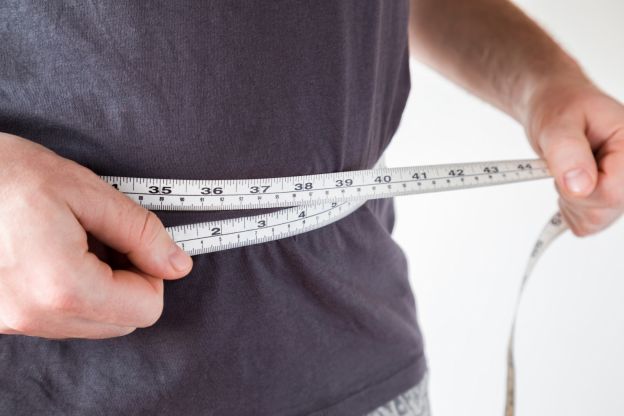Why Keto is Good for More than Just Weight Loss
The popular low-carb diet has been praised for its seemingly miraculous weight loss capabilities, but there may be even more attractive benefits.

THe Ketogenic Diet
The Ketogenic Diet, or keto, has been everywhere for the past year and a half, from television to the tabloids and doctor's offices. The controversial diet limits followers to 20-30 grams of carbs per day and favors healthy fats and protein. Many have reported quick weight loss and more energy, while others argue that it's not a sustainable diet to keep weight off long term.
However, keto is not just a method for losing weight. For at least 100 years, the diet has been used to treat different medical conditions.

Epilepsy
Since the 1920s, keto has been used to treat and manage epilepsy in children. For the most severe cases, following the ketogenic diet has been proven to reduce the number of seizures. Though it can be especially difficult for children—even as adults we have a hard time saying "no" to cake—the benefits of living seizure-free outweigh the inconveniences. So much so, that even Johns Hopkins has a doctor-led program to help kids and their families follow the ketogenic diet. Because of these proven effects, it's hoped that keto can also be helpful for people living with neurodegenerative diseases like Parkinson's and Alzheimer's, but there hasn't yet been enough conclusive research.

Diabetes
Studies have also shown that keto can be helpful for people living with type 2 diabetes. Because carbohydrates are converted into sugar in your digestive system, they cause your blood glucose levels to rise—refined sugars like table sugar and white bread make it spike, while complex carbohydrates like whole grains take longer to process. Keto cuts carbs down to the absolute minimum (the few that are consumed should ideally come from veggies). As a result, blood glucose levels are able to drop to safe levels and stabilize. Like any diet, people with type 2 diabetes should only follow keto under medical supervision.

Cholesterol
When followed correctly—i.e., not eating bacon or pork rinds for every meal—studies have also shown that following a ketogenic diet can lower bad cholesterol and raise the good one. Focusing on healthy fats like avocado and nuts not only keeps you satisfied, it also keeps your heart healthy. Low cholesterol is linked to a greatly reduced risk of heart disease. Though some nay-sayers have used the risk of heart disease as the basis of anti-keto arguments, the diet has been shown to reduce the risk (at least in the short term).
In fact, while following keto, fat should really only be used to satiate you or add extra flavor. Most of your calories should actually come from vegetables and protein. Doing so ensures that your body gets the vitamins and minerals it needs, and makes the diet more sustainable.
The ketogenic diet is just one diet out of many, and as with any diet, there are pros and cons—and no diet is "one size fits all." Any major change in diet should be discussed with your doctor to see if it's a good fit for you.
Want more? Here's How to Set Up Your Kitchen for Diet Success.
More steaming articles
 Hop into Flavor: 99 Effortless Easter...
Hop into Flavor: 99 Effortless Easter...
 25 fast beef dinners you can't mess up
25 fast beef dinners you can't mess up
 50 ways to make the most of summer...
50 ways to make the most of summer...


Comment on this article